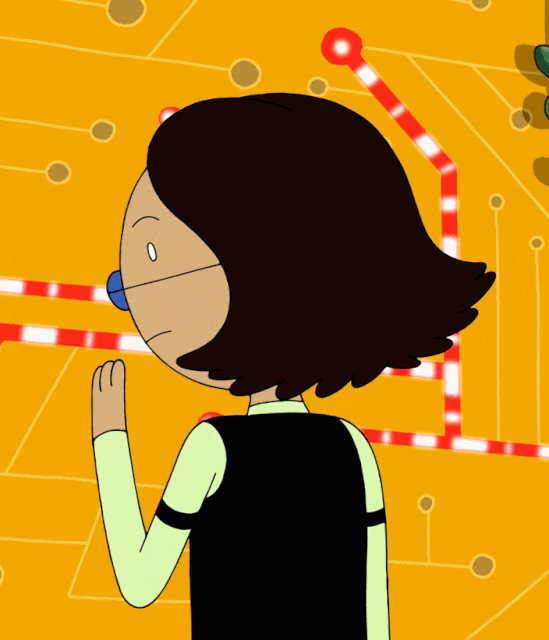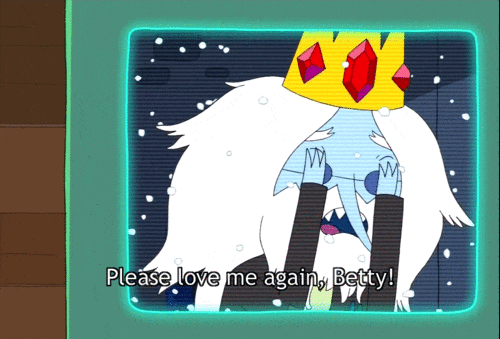For both Philosophy and Ways of Knowing, I have talked time and time again about the medical negligence towards women and individuals assigned female at birth. I particularly focused on the negligence of womens’ concerns in reproductive healthcare and the invalidation of menstrual issues. I talked about this specifically in the capacity of epistemic injustice, where womens’ concerns about their own bodies are overlooked and dismissed as just being sensitive or dramatic.
The onset of the Covid-19 pandemic has taught me how this act of epistemic injustice transcends beyond mere microaggressions, into a realm of serious threats to the health and wellbeing of people with uteruses.
Recently, my friend Laiba Mubashar wrote a blog post underscoring the impact of Covid-19 on menstruation. In this blog, Laiba cites a research article based on a survey carried out by specialists at the Society for Endocrinology annual conference in Edinburgh. 1300 women were surveyed in April 2021 regarding their stress levels, sleep, and menstrual cycles. 56% reported an overall change in their menstrual cycles since the beginning of the pandemic; 64% reported a worsening in premenstrual symptoms.
In her blog, Laiba makes the conclusion from the cited research article that investigating the long-term effects of the pandemic on female reproductive health is necessary.
Keep in mind, the article Laiba cited was published in April 2021. This was around four months after Covid-19 vaccines started rolling out to the general public. When I personally went to receive my Covid-19 vaccine in March (first dose) and April (second dose), I was barely able to find any official studies or information about the impact of the vaccine on menstrual cycles. All I could really find were posts on Reddit by people saying that their menstrual cycles are impacted.
I think it is worth mentioning that the people posting about their disrupted menstrual cycles were also heavily questioning themselves and the validity of their own experiences. They thought maybe they were mistaken and it wasn’t the vaccine toying with their cycles. While it is valid to be skeptical before drawing a conclusion about an experience so new and unlike anything before, to see people with uteruses question their own judgment about their own reproductive health is not uncommon.
Only after several women reported disruptions in their menstrual cycles, the National Institutes of Health (NIH) released grants to five institutions to carry out research about the impact of the vaccine on menstruation. John Hopkins’ Gynaecology Department was one of these five institutions and they released their study in September 2021. The problem is, this was after thousands of individuals had already been vaccinated and experienced menstrual disruptions without being aware of it or prepared for it. I strongly believe that this was due to insufficient testing on diverse bodies and lack of consideration for womens’ reproductive health.
Another friend of mine, Makeisha, has excellently explained this topic in a blog post. She unpacks the article, “Epistemic Injustice and Resistance in the Chiapas Highlands: The Zapatista Case,” by Sergio Gallegos and Carol Quinn and uses it to draw parallels with the global systematic oppression of women in healthcare.
Why do we see women constantly questioning and invalidating their own pain and symptoms in terms of reproductive health? It is because that is what they have heard other people say about their pain and symptoms. Where I come from, seeing a gynecologist is already a huge taboo. The stigma is even twofold if you are “unmarried” read: sexually inactive. There is a general dominant belief that nothing can go wrong with “unmarried” women, hence they are not checked or tested, especially if the procedure is supposed to be invasive.
“Unmarried” girls are asked “What will your future husband have to say about this?” when they demand a procedure. More autonomy and control are placed in the hands of a non-existent husband than the individual whose body is in question. I believe this dismissal and invalidation of the concerns of people with uteruses when it comes to reproductive health is an example of epistemic injustice that has not only hurt me and people close to me but has also caused structural risks as seen in the case of the lack of investigation about the impact of Covid-19 vaccines on menstrual cycles.
Similar to my idea about non-existent husbands, Makeisha talks about a ‘hypothetical male partner’. In their blog, they elaborate further on why this epistemic injustice is harmful since it leads to illegal and unsafe abortions as well. They further talk about how medication and procedures are specifically tested on men as healthcare uses an unfair one-size-fits-all-approach. This makes it difficult to diagnose and correctly medicare non-men.
The culture of not believing women about their own symptoms terrifies me. Last summer, I talked to Ramma Cheema about her experience with endometriosis and how difficult and slow her diagnosis was. Endometriosis refers to a condition where tissue similar to the endometrium grows outside the uterus. After experiencing the issue of doctors disbelieving her, she Googled about her condition, and only after getting married did she convince a doctor to carry out an investigative laparoscopy, the only procedure that provides a conclusive diagnosis for endometriosis. Ramma concluded by sending out a message to young women to listen to their bodies and believe their bodies.







